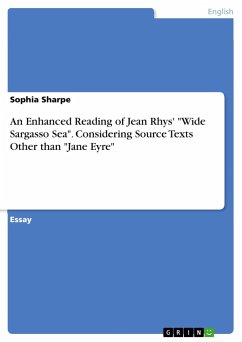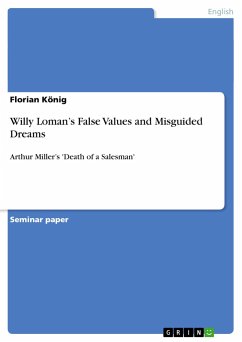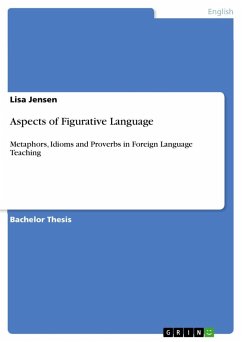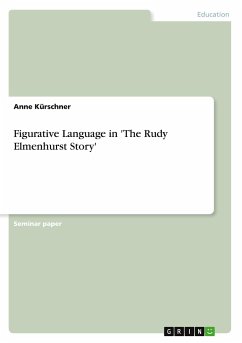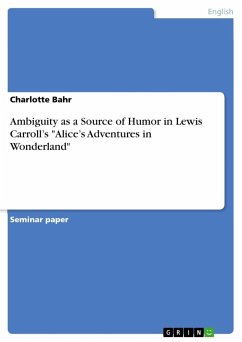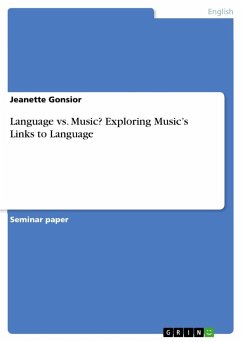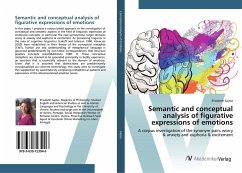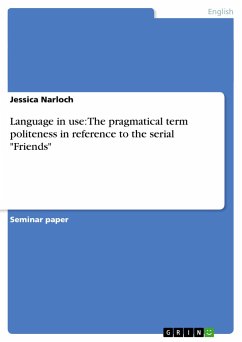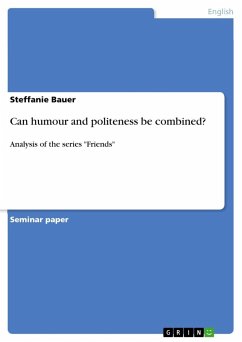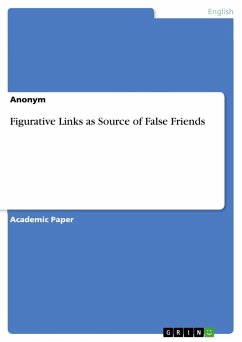
Figurative Links as Source of False Friends

PAYBACK Punkte
0 °P sammeln!
Academic Paper from the year 2013 in the subject English Language and Literature Studies - Linguistics, grade: 1,3, Free University of Berlin, language: English, abstract: The goal of this paper is to investigate diachronically the processes of semantic change from which originate false friends by the examination of five typical cases of false friends between English and German. First, a classification of different types of false friends (chance and semantic) will be made. This part includes the delineation of the major meaning shifting processes (metaphor, metonymy, specialization and general...
Academic Paper from the year 2013 in the subject English Language and Literature Studies - Linguistics, grade: 1,3, Free University of Berlin, language: English, abstract: The goal of this paper is to investigate diachronically the processes of semantic change from which originate false friends by the examination of five typical cases of false friends between English and German. First, a classification of different types of false friends (chance and semantic) will be made. This part includes the delineation of the major meaning shifting processes (metaphor, metonymy, specialization and generalization) that have resulted in semantic false friends. Second, the diachronic development of five cases of semantic false friends will be examined in order to find out to which extent these figurative links have contributed to the existenceof false friends.European learners of English as a foreign language are familiar with situations in which they create incorrect interferences between words belonging to their mother tongue and words from the target language, assuming that their meanings are equivalent. Due to the existence of cross-linguistic word pairs that are similar, even identical in orthography or in spelling the foreign language learner traps into treacherous language errors which result in misunderstandings, mistranslations and difficulties in communication.




